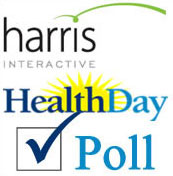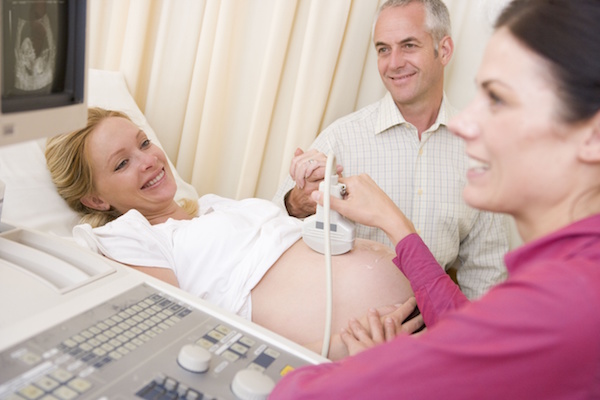
THURSDAY, Jan. 20 (HealthDay News) — Just a slim majority of Americans — 52 percent — think vaccines don’t cause autism, a new Harris Interactive/HealthDay poll found.
Conversely, 18 percent are convinced that vaccines, like the measles-mumps-rubella (MMR) vaccine, can cause the disorder, and another 30 percent aren’t sure.
The poll was conducted last week, following news reports that said the lead researcher of a controversial 1998 study linking autism to the MMR vaccine had used fraudulent research to come to his conclusion.
The poll also found that parents who have lingering doubts about the vaccine were less likely to say that their children were fully vaccinated (86 percent), compared to 98 percent of parents who believe in the safety of vaccines.
Still, the percentage of fully vaccinated children remains high, at 92 percent, the poll found.
“This sounds like a cup half-empty/cup half-full story,” said Humphrey Taylor, chairman of The Harris Poll. He noted that while the number of people who believe in a connection between vaccines and autism is “only 18 percent,” that nonetheless translates to “millions and millions and millions of people, and it’s clear that in some cases that has led them to not vaccinate their children.”
Vaccine safety has been a major concern for many parents since the publication of the 1998 study, led by now disgraced British doctor Andrew Wakefield, which concluded that the MMR vaccine caused autism. The journal that originally published the study, The Lancet, has since retracted the paper and Wakefield was recently barred from practicing medicine in Britain.
In recent weeks, another leading British medical journal, BMJ, has published a series of articles purporting to expose deliberate fraud by Wakefield in his handling of the research that served as the basis for the 1998 study.
In the new Harris Interactive/HealthDay poll, 69 percent of respondents said they had heard about the theory that some vaccinations can cause autism.
But only half (47 percent) knew that the original Lancet study by Wakefield and other researchers had been retracted, and that some of that research is now alleged to be fraudulent.
“Forty-seven percent is a huge number and this is a relatively new thing [allegations of fraud], so it’s remarkable that they have heard of it. But that still means that half the population has not,” Taylor said.
Still, the retraction and allegations of fraud do seem to have influenced public perception. Among those who had been following the news about Wakefield, only 35 percent believed the vaccine-autism theory, compared to 65 percent who had not kept up to date on the latest developments.
“There seems to be reasonable support for vaccination and I think this will increase with the revelation that a lot of this stuff was based on fraud or bad science,” said Dr. Kenneth Bromberg, chairman of pediatrics and director of the Vaccine Research Center at the Brooklyn Hospital Center in New York City.
Overall, 69 percent of adults polled agreed that schools should require vaccinations — including, interestingly, 52 percent of those who believe that autism might be connected to vaccinations.
Sixteen percent of all adults surveyed said they knew of at least one family whose children had not received all recommended vaccines due to concerns about autism. One-quarter of those who believed the vaccine-autism theory said they knew at least one family that had not fully vaccinated their children.
Barbara Loe Fisher, co-founder and president of the National Vaccine Information Center, which supports more research into the safety of vaccinations, said autism is just one concern linked to vaccines.
“Parents have legitimate questions about vaccine risks and want better vaccine science to define those risks for their own child,” she said. “This concern long predated the debate about vaccines and autism. The National Childhood Vaccine Injury Act of 1986 was passed by Congress, in part, to address those concerns but has not done the job.
“The Harris poll points out the urgent need for a renewed effort to conduct new vaccine safety studies that are methodologically sound and free from real or perceived conflicts of interest,” Fisher added, “or a significant portion of the public will continue to question the conclusions.”
According to the U.S. Centers for Disease Control and Prevention, an estimated one in 110 children in the United States has an autism spectrum disorder, part of a group of developmental disabilities that can cause significant social, communication and behavioral challenges.
The Harris Interactive/HealthDay poll was conducted online within the United States from Jan. 11-13, and included 2,026 adults over the age of 18. Figures for age, sex, race/ethnicity, education, region and household income were weighted where necessary to bring them into line with their actual proportions in the population.
More information
Read more about the poll methodology and findings at Harris Interactive.

